Cinema Victoria
Edited on
02 March 2022Lessons learned from the first co-management experiences in Cluj-Napoca, Romania.
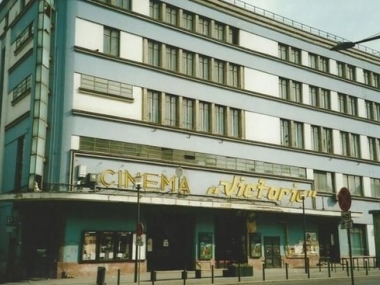
Regenerating and relaunching Cluj-Napoca’s Cinema Victoria was an important milestone in the city’s co-management and shared decision-making pursuits and one of the very first successful models of public-private partnership developed with the purpose of increasing cultural accessibility, social cohesion, preservation and valorisation of built heritage. While the establishment of the co-management structure was not developed through open call, it nevertheless started in a bottom-up way, through the civil society engaging the city proactively and being supported through a new partnership model.
The approach was not only relevant and realistic for pursuing necessary investments in the building stock in the post-2008 period of profound economic crisis, it was also an important experiment for the city, a great success for the citizens of Cluj-Napoca and
the start of a trust-based ecosystem developed around the reuse of cultural heritage assets belonging to the Municipality.
The cinema
Cinema Victoria is the oldest continuously functioning cinema in Cluj-Napoca, and one of the oldest in the country. Built in 1928 and designed from the beginning to host movie screenings, the building was first owned by the Albina Bank. Following the nationalisation process of 1948, the cinema entered the property of the state and has been under the administration of the Regional Cinematographic Enterprise, then the Cluj County Enterprise, and then finally after 1989, the Romanian Film Distribution and Exploitation Company (RADEF).
Following the Law 303/2008, Cinema Victoria, along with some other ca. 415 cinemas in the property of RADEF, were eventually transferred into local municipality ownership.
The challenge

One of the provisions of the Law 303/2008 was that, once transferred, local authorities were responsible to invest in the cinemas for rehabilitation, modernisation and digitalisation. However, until the end of 2011, from the over 100 cinemas which were transferred to local municipal ownership, in only three cases,
the authorities managed to invest the necessary funds and continue film projections as foreseen.
The economic crisis of 2008 severely impacted public budgets across the board, with budgets for culture, recreation and physical rehabilitation of buildings as some of the hardest hit. Cluj-Napoca was no exception to this problem. With the added burden of a deadline of 4 years to rehabilitate Cinema Victoria, as stipulated through the law, it was looking at any options possible to support the continuation of film screening – most commonly concession or selling, as was the case for many cinemas in other cities.
The initiative and partnership
The resource problem of the Cluj-Napoca Municipality and the desire to sustain, revitalize and valorize Cinema Victoria came together under a bid by the Romanian Film Promotion Association, one of the largest entities in the Romanian cinema, established in 2001 in order to support young filmmakers and film professionals, the promotion of European values but also the formation of a new generation of viewers. As organizers of the International Transylvanian Film Festival (TIFF) and together with Comedy Cluj, the CCI established a new association which offered to be a partner of the Municipality in the rehabilitation and co-management of the cinema: Victoria Film Association. The initiative of proposing a new model of partnership thus came from the CCI / private side, with the Municipality being presented with the opportunity of not alienating the heritage building, but rather benefitting from the financial capacity of a large and consolidated organisation in order to modernize Cinema Victoria.
After several discussions and meetings, partnership format was formalized as an Agreement through a Local Council Decision to associate with Asociația „Victoria Film”.
The governance and legal model
The governance of the co-management agreement was formalized through a bilateral Association Contract in 2011 (HCL 77/2011), concluded for a number of 10 years. Its purpose was to define the terms of a partnership for the joint valorisation of the Victoria Cinema.
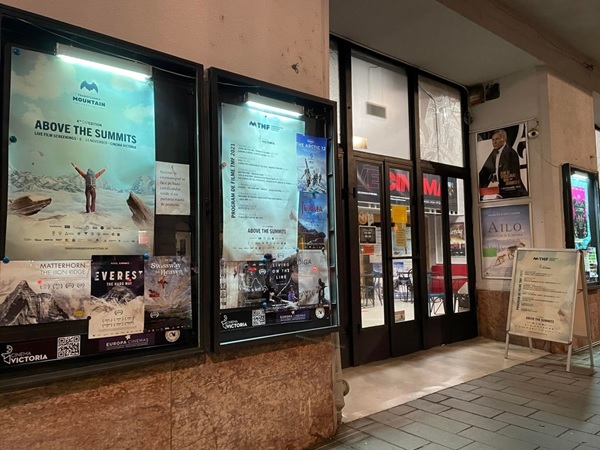
Figure 3 - Source: Victoria Film Association
The bilateral Association Contract stipulates that the Municipality of Cluj-Napoca participates in the agreement with the right of use of the building, agreeing not to transfer ownership through the duration of the contract and agreeing to facilitate and support Victoria Film Association with obtaining all permits necessary for modernizing and operating the cinema. The municipality offers exploitation rights of the cinema to the Victoria Film Association under the following conditions:
• Managing, administering and valorising the activities of the cinema;
• Organizing monthly Romanian and European film promotional events;
• Collaborating with embassies, foreign cultural institutes, participating in the “Europa Cinemas” network;
• Screening 20 films per month for free, for different social groups (elderly, students) and promoting their screening;
• Investing, over the course of three years, a sum of 600,000 RON necessary for renovating the spaces of the cinema, heating unit replacement, digitalisation and furniture replacement;
• Returning a monthly association quota of 1% of the total revenues to the Municipality.
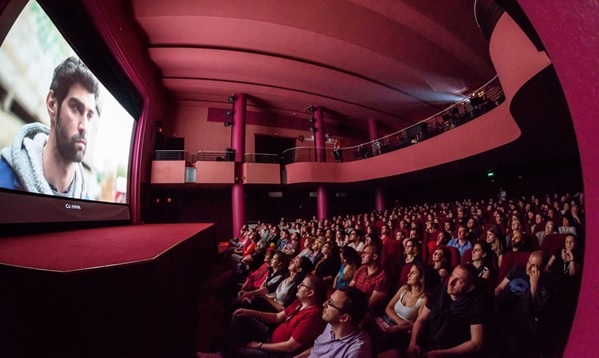
Figure 4 - Source: Victoria Film Association
The goals and outcomes
The bilateral agreement has been a win-win option for both the municipality and the association. On the municipality’s side, the model offered a clear possibility to retain ownership and original function of a heritage asset which it did not have resources to invest in or manage. It also offered an opportunity to deliver accessible Romanian and European culture to all citizens of Cluj-Napoca, and to support cultural consumption in youth and elderly groups, through free screenings. The quota received from the Victoria Film Association, while modest, has been reinvested in cultural services and activities.
Annual special programs have been organized for all age groups, but specifically for youth. The Cinema Victoria screens a free entry movie daily (not just for 20 days per month). In total, 770,000 RON (ca. 170,000 EUR) were invested in the equipment, hall, common spaces, which led to the constant increase of the comfort of the cinema and the audience.
As a result of the carefully curated European film programme, the incentives, communication and general interest of the Cluj-Napoca citizens, the number of spectators grew over 15 times since the launch of the renewed Cinema Victoria, until 2019.
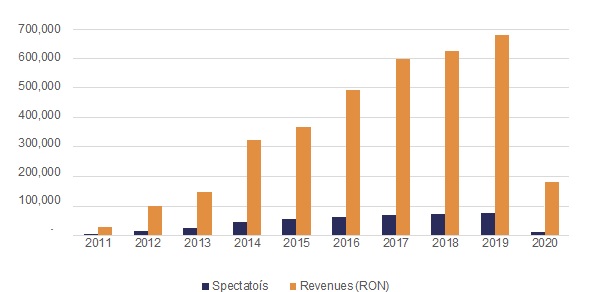
Figure 5 - Evolution of Cinema Victoria spectators. Source of data: Cinema Victoria Association
The future
In March 2021, the Cluj-Napoca Municipality passed a council decision to extend the Association Contract by 5 more years, until 2026. In light of the dramatic effects of the Covid-19 pandemic in 2020 and especially 2021, no new conditions of cooperation and joint valorisation have been proposed, and there is hope that Cinema Victoria will be able to navigate the immediate future providing safe and equitable access to Romanian and European films to the citizens of Cluj-Napoca.
Based on the Cinema Victoria experience, of a CCI engaging the municipality with a win-win proposition, the city has further developed and refined the concept of a contract agreement with NGOs for the co-management of public assets (for example, the CIIC), and has since 2011 evolved bilateral discussions in an ecosystem discussion, opening up the possibility for local associations, start-ups and other actors to become directly involved in valorising public assets.
For more informations: www.cluj.com
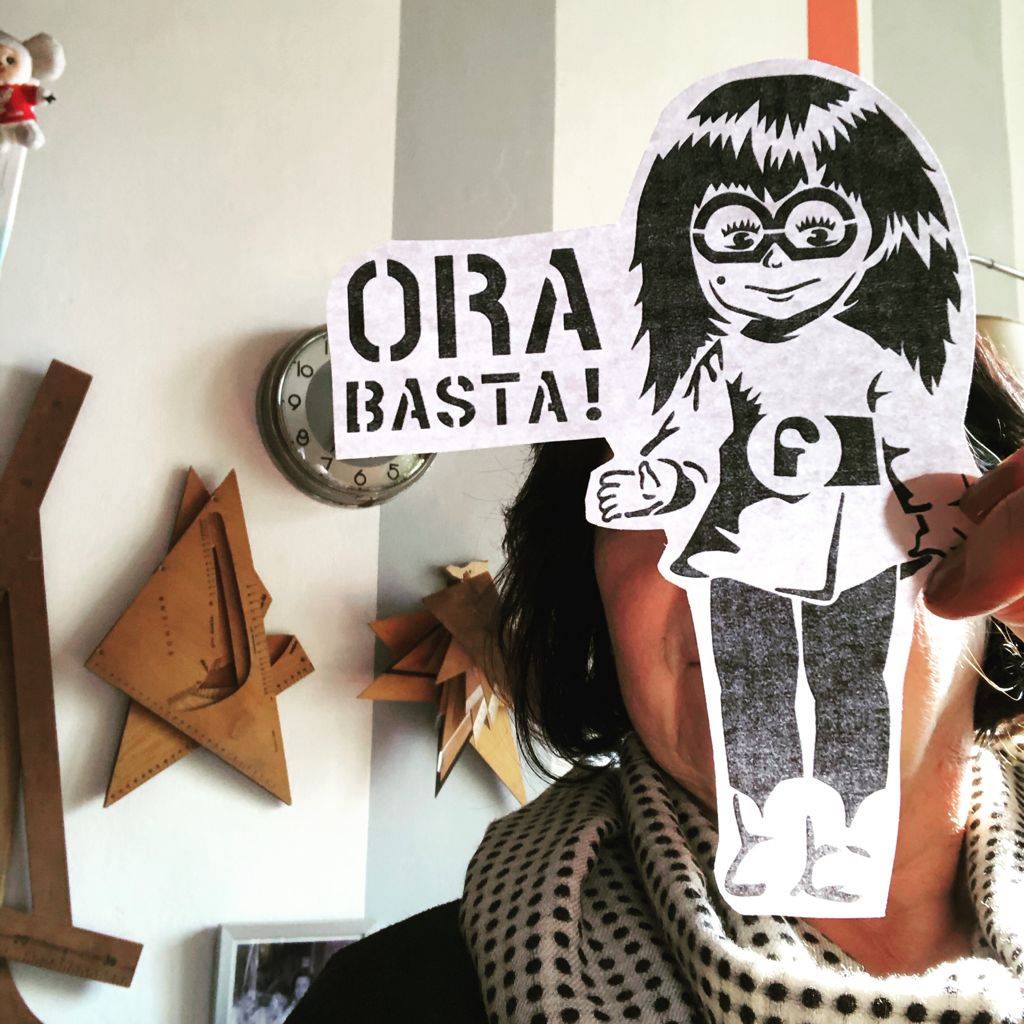 Submitted by Laura Socci on
Submitted by Laura Socci on
